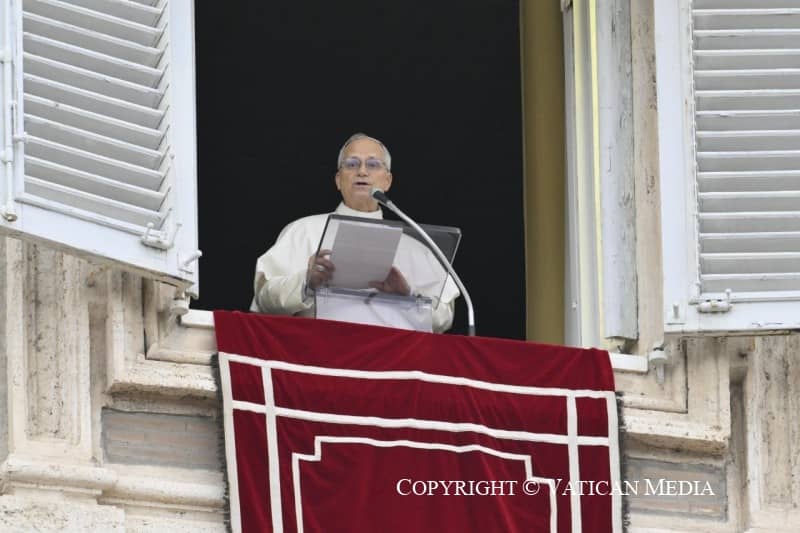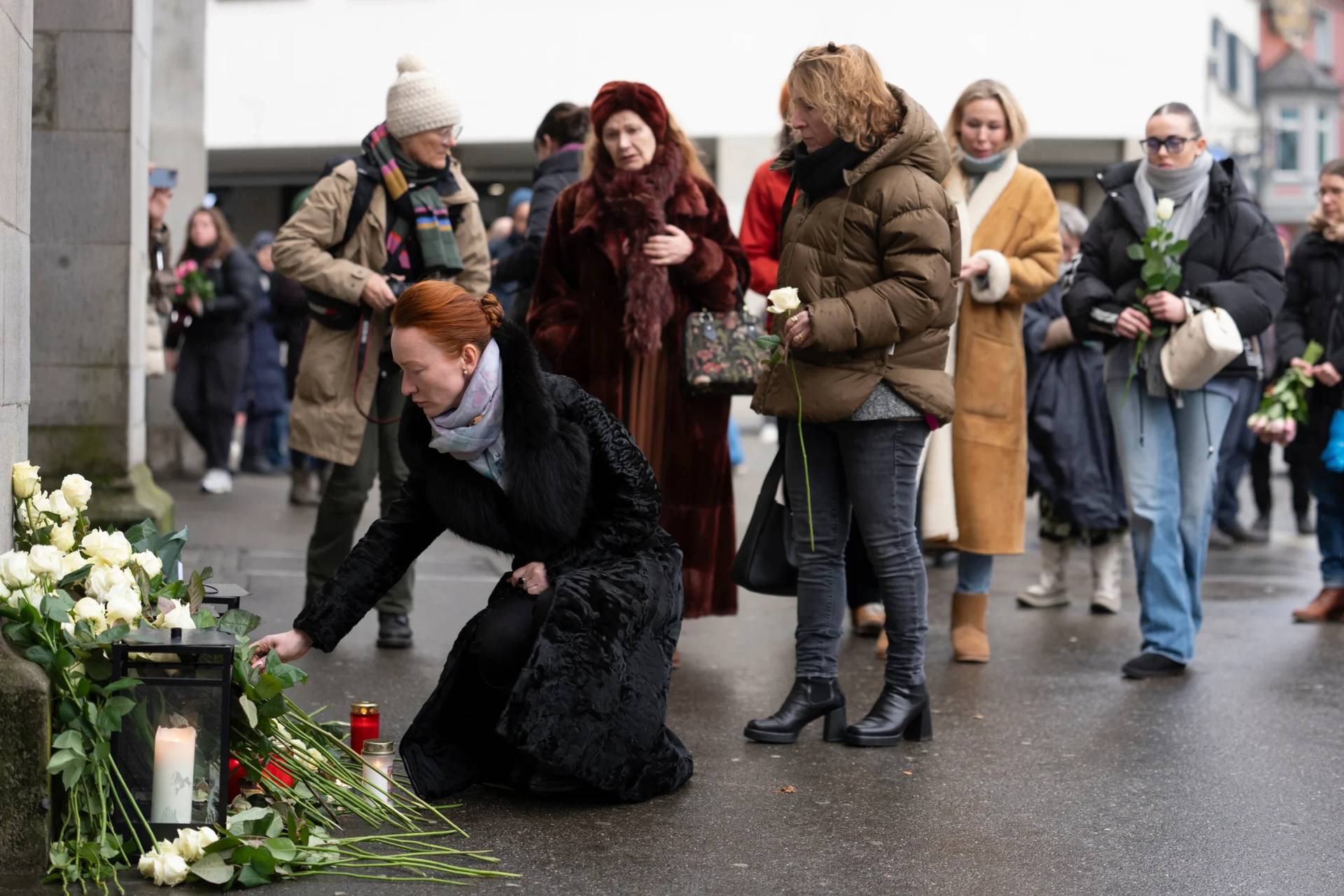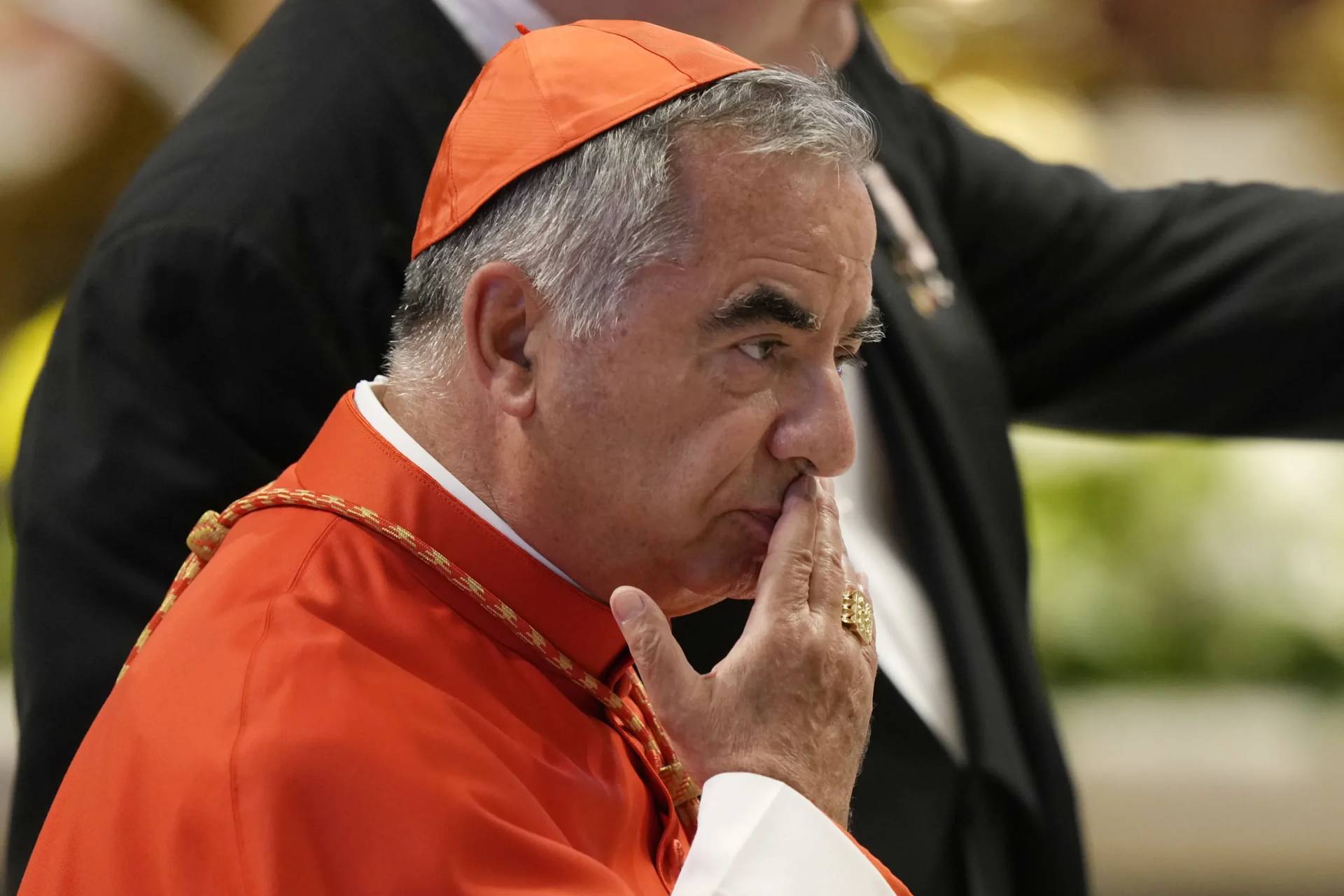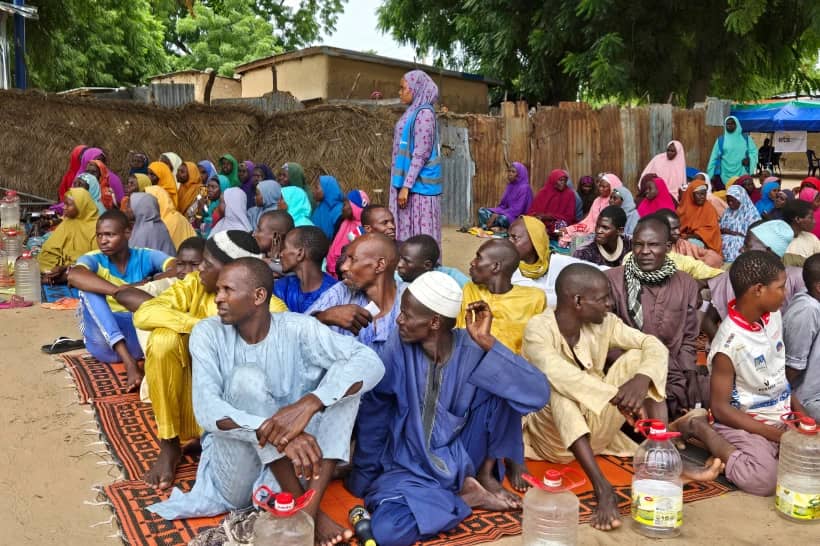ROME— When Pope Francis and German Chancellor Angela Merkel meet on Thursday, it will be the seventh encounter between the two in Rome.
They will hold a private meeting in the morning, and then will be the key-note speakers of an interreligious summit for peace.
Organized by the community of Sant’Egidio, the 35th encounter in the “spirit of Assisi” that has brought them together began on Wednesday under the theme of “Brothers and Sisters, Future Earth. Religions and Cultures in Dialogue.” The two-days included a wide array of VIPs, such as the grand Imam of Al-Azhar university, Ahmed Al Tayyeb; the Ecumenical Patriarch of Constantinople, Patriarch Bartholomew I; the Archbishop of Canterbury, Justin Welby; and the President of the European Rabbis, Pinchas Goldschmidt.
All these leaders have been in Rome since Monday, when they took part in an interfaith summit and signed an appeal ahead of the COP26 United Nations meeting on climate change, to be held in Glasgow next month.
Thursday afternoon’s event might be one of the last public speeches as German chancellor for Merkel, who after 16 years will be stepping down once the new coalition government is formed, following last months’ elections, in which she didn’t run.
The Argentine pontiff has forged a strong working relationship with the German, and although they sometimes disagree on matters of policy, they agree on issues particularly close to the pontiff’s heart: Migration, the fight against poverty, the care for the environment and the unity of Europe.
It was the European question, in fact, what brought the two together: In 2014, during a speech to the European parliament, Francis referred to the continent as a “grandmother”, “haggard” and “no longer fertile.” Apparently, this led to an “angry phone call” from the chancellor, as the pontiff told Italian newspaper Corriere della Sera in 2016.
“She was a bit angry because I had compared Europe to a barren woman, incapable of producing children,” Francis said. “She asked me if I really thought Europe could no longer make children.”
“I told her yes it can, and many, because Europe has strong and deep roots,” he said, adding that “in the darkest moments it has always shown itself to have unexpected resources.”
There’s also a more recent incident that might have drawn the ire of Merkel: Last month, speaking with Spanish radio COPE, Francis quoted Russian President Vladimir Putin to refer to the situation in Afghanistan.
“It is necessary to put an end to the irresponsible policy of intervening from outside and building democracy in other countries, ignoring the traditions of the peoples,” Francis said, convinced he was quoting Merkel, whom he defined as “one of the world’s greatest political figures.”
Another thing the pontiff and the politician have in common is the protection of children, with the clerical sexual abuse crisis having a particular impact on the German Catholic Church, with several reports in recent years detailing the extent of the abuses and its subsequent cover up by many within the German hierarchy. In this line, Merkel will actually begin her day by visiting German Jesuit Father Hans Zollner, at the Institute of Anthropology, Interdisciplinary Studies on Human Dignity and Care – formerly known as the Center for Child Protection – at the Pontifical Gregorian University. The institute is considered one of the world’s leading institutions when it comes to abuse prevention.
The last time Merkel and the pope met in private was in June 2017, following meetings in May 2016, February 2015, May 2013, and in March of that same year: She was there when he took office. The two spoke in particular about the future of Europe and the current migrant crisis.
In 2016, the German was in the Vatican as Francis, a man known for shunning awards, decided to accept the prestigious Charlemagne Prize, awarded each year to individuals or institutions for their service to European unification.
But they’ve also spoken on the phone several times, including last year, when the COVID-19 pandemic was just starting. As the time, Merkel spokesman Steffen Seibert said the chancellor and the pontiff advocated support for poor countries during a private call, which centered on “the global humanitarian and political situation in view of the corona pandemic” and on the significance of solidarity in Europe and the world.
Follow Inés San Martín on Twitter: @inesanma
















